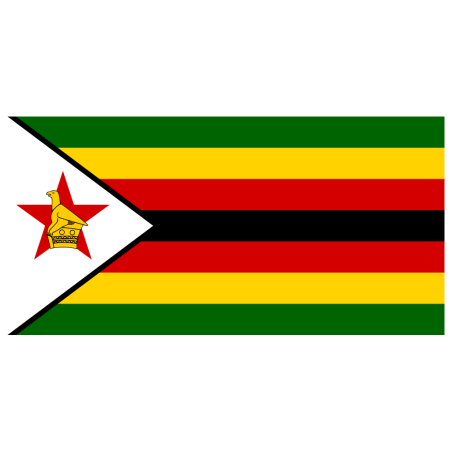ZIMBABWE: Strict RBZ policies on Ecocash result in $2 billion tax revenue decline

GOVERNMENT’S tough decision to throttle leading mobile money transfer agent, Ecocash has backfired with the Zimbabwe Revenue Authority (ZIMRA) recording a $1.9 billion decline on the 2 % revenue tax collections.
During the period April 2020 and September 8, 2020, the Reserve Bank of Zimbabwe, through its subsidiary, the Financial Intelligence Unit issued a total eight directives targeted at the Ecocash platform.
These included reductions in transactional limits, suspension of agent lines, directive to integrate on the Zimswitch platform, among other tough measures.
The central bank defended the directives arguing they were meant to block illegal foreign currency dealers from abusing the platform by increasing parallel market exchange rates and derailing government’s efforts to stabilise the economy.
ZIMRA’s 2020 third quarter report acknowledged the negative impact of the measures on the collections of the Intermediated Money Transfer Tax which lost its momentum.
“The revenue head missed the target of $5.8 billion by $1.94 billion registering 32% decline and contributing only 6.86% to total revenue for the quarter.
“This was partly due to the monetary policy interventions introduced to harness the local currency depreciation that was threatening economic stability,” the report said.
During the same period last year, the IMMT, popularly known as the 2% tax, registered over a 400% revenue increase.
Cassava Smartech Zimbabwe Limited (CSZL), a subsidiary of Econet which runs the Ecocash platform, recently reported in a trading update that its mobile money transfer unit registered an 11 % transactional value decline in the wake of a stricter operating regime imposed by the central bank recently.
The nature of transactions processed on the Ecocash platform, which are high volume and low value have seen the value of transactions processed on the platform going down to about 19% of the total value processed on the National Payments System down, from 30% in the prior year.
SOURCE: NEW ZIMBABWE / Alois Vinga
 Africas leading resource for digital financial services
Africas leading resource for digital financial services


comments